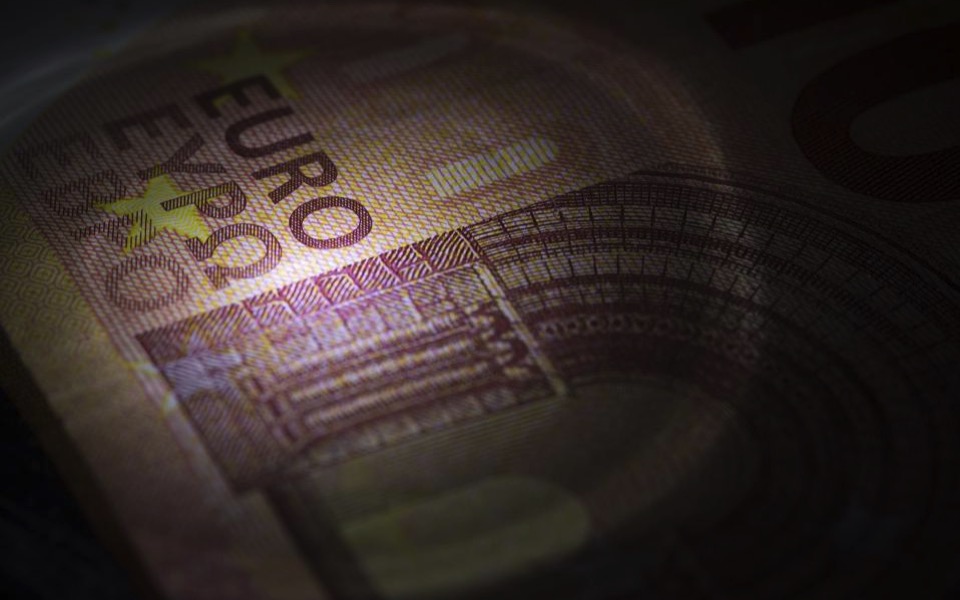The euro’s future demands trust

The European Commission presented its proposal for possible ways to deepen Europe’s Economic and Monetary Union a few days ago, as part of the public debate on the European Union’s future. It went unnoticed in Greece, which is a pity, because if all that is proposed is adopted, the Greek problem will be overcome; also, if the mechanisms and procedures now in place had existed from the start, our country would not have hit a dead end. The question now is how Greece will be part of a system that was established because of the Greek crisis but from which our country is still excluded.
For the Greeks – sinking in recession, insecurity and isolation – the ironies are many. Presenting the proposals in Brussels on Wednesday, Commission Vice President Valdis Dombrovskis said: “The euro is one of Europe’s most significant achievements. It is much more than just a currency. It was conceived as a promise of prosperity. To keep that promise for future generations, we need the political courage to work on strengthening and completing Europe’s Economic and Monetary Union now.” Pierre Moscovici, commissioner for economic and financial affairs, added: “The euro is already a symbol of unity and a guarantee of stability for Europeans. We now need to make it a vehicle for shared prosperity. Only by reversing economic and social divergence in the euro area will we be able to defeat the dangerous populism that this fuels.” The indirect references to Greece are clear. This is where the euro’s weaknesses first appeared, this is where the political center was torn apart and fringe groups gained power, this is where confidence in the common currency and in solidarity is being tested.
The Commission’s proposals focus on completing a genuine financial union, achieving a more integrated economic and fiscal union, on greater democratic accountability and strengthening euro-area institutions (including a full-time Eurogroup chair and a European Monetary Fund). The Commission noted the euro’s successes, adding, “And yet it is only 25 years since the Treaty of Maastricht paved the way for the single currency and only 15 years since the first coin was used.” So we ask: As the currency is so new, and as the necessary mechanisms and procedures are only now being instituted, why is Greece continually an outcast? How can we pretend all is well with the euro?
Over the past years, many mistakes were made, both by the creditors and by Greece. The lack of trust between the two sides, though, was the biggest problem. Those designing Europe’s future should propose how this wound will be healed. Because any partnership is more than rules and regulations, it has to inspire faith and hope.




